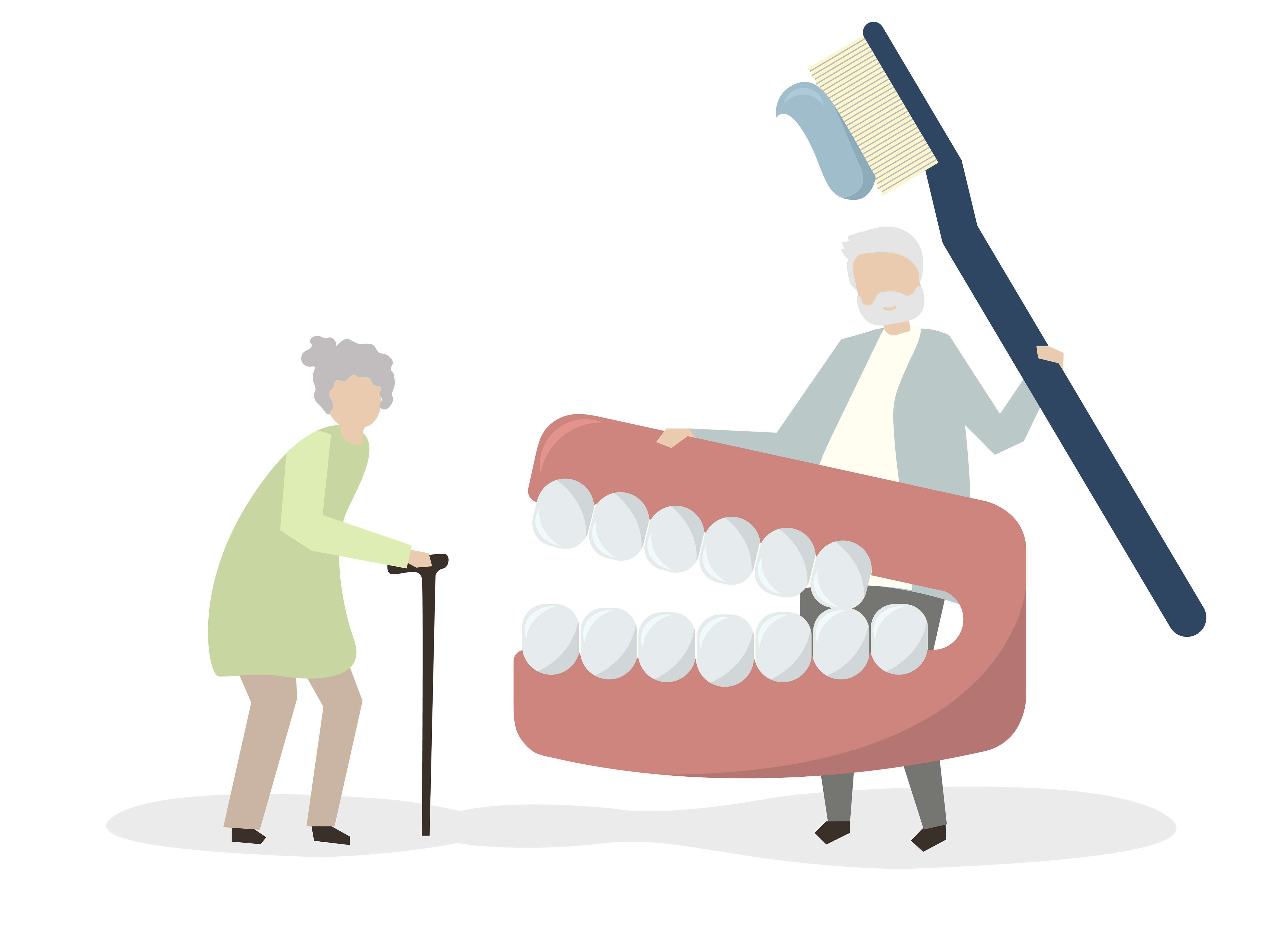Effectively managing cholesterol levels is vital for maintaining heart health and overall wellness. With the advent of new technologies and strategies, revolutionizing your cholesterol management has become both affordable and highly effective.

The Basics of Understanding Cholesterol
Cholesterol, a waxy substance in your blood, is essential for building healthy cells. Nevertheless, elevated levels of low-density lipoprotein (LDL) cholesterol, often dubbed “bad” cholesterol, can result in arterial plaque buildup, thereby increasing the risk of heart disease and stroke. On the other hand, high-density lipoprotein (HDL) cholesterol, known as “good” cholesterol, aids in removing LDL cholesterol from the bloodstream.
Innovative Methods for Cholesterol Management
-
Digital Health Tools: The landscape of cholesterol management has been transformed by digital health tools, including mobile apps and wearable devices. Applications such as MyFitnessPal and HealthifyMe monitor your diet and physical activity, offering insights into how lifestyle changes impact your cholesterol levels. Wearable devices like Fitbit and Apple Watch track physical activity, promoting more active lifestyles that help decrease LDL cholesterol and increase HDL cholesterol.
-
Telemedicine: Telemedicine provides a convenient means to access healthcare services without the need for clinic visits. Platforms such as Teladoc and Amwell allow you to consult with healthcare professionals who can offer personalized advice on cholesterol management, adjust medications, and order necessary lab tests. This approach not only saves time but also often reduces the costs associated with traditional healthcare.
-
Advanced Lipid Testing: While traditional cholesterol tests measure total cholesterol, LDL, HDL, and triglycerides, advanced lipid testing, such as lipoprotein particle testing, offers a more comprehensive analysis of cholesterol particles. This detailed information helps healthcare providers tailor treatment strategies more precisely, providing a clearer picture of cardiovascular risk.
Cost-Effective Strategies for Cholesterol Management
-
Dietary Adjustments: One of the most affordable ways to manage cholesterol is through adopting a heart-healthy diet. The Mediterranean diet, abundant in fruits, vegetables, whole grains, and healthy fats, has been proven to reduce LDL cholesterol and increase HDL cholesterol. Furthermore, incorporating foods enriched with plant sterols and stanols, such as certain margarines and orange juice, can aid in lowering cholesterol levels.
-
Physical Activity: Regular exercise is fundamental to effective cholesterol management. Aim for at least 150 minutes of moderate-intensity exercise per week, such as brisk walking, swimming, or cycling. Physical activity helps raise HDL cholesterol and lower LDL cholesterol and triglycerides. Moreover, many forms of exercise require no financial investment.
-
Medication Assistance Programs: For individuals requiring medication to manage their cholesterol, medication assistance programs can offer significant savings. Pharmaceutical companies frequently provide programs to help reduce the cost of prescription drugs. Additionally, generic versions of cholesterol-lowering medications, such as statins, are usually less expensive than brand-name versions.
Effective Lifestyle Changes
-
Quit Smoking: Smoking cessation is crucial for improving cholesterol levels and overall heart health. Smoking decreases HDL cholesterol and damages blood vessels, making them more susceptible to fatty deposits. Numerous free resources are available to aid in quitting smoking, including counseling services and support groups.
-
Weight Management: Maintaining a healthy weight can significantly impact cholesterol levels. Even a modest weight loss can help lower LDL cholesterol and triglycerides while raising HDL cholesterol. The most effective strategy for weight management combines a balanced diet with regular physical activity.
-
Stress Reduction: Chronic stress can adversely affect cholesterol levels and heart health. Engaging in stress-reducing techniques, such as mindfulness, meditation, and yoga, can enhance overall well-being and positively influence cholesterol levels. Many of these practices can be performed at home with minimal or no cost.
Leveraging Technology for Improved Outcomes
-
Cholesterol-Lowering Medications: Statins are the most commonly prescribed cholesterol-lowering medications. However, newer medications like PCSK9 inhibitors (e.g., Repatha and Praluent) provide alternative options for those who cannot tolerate statins or require additional cholesterol reduction. Although these medications can be costly, patient assistance programs and insurance plans can help make them more affordable.
-
Online Support Communities: Joining online support communities, such as those on Facebook and Reddit, can offer valuable information, encouragement, and practical tips from others managing their cholesterol. These communities provide a sense of camaraderie and support that can be particularly helpful for maintaining motivation.
-
Educational Resources: Utilizing online educational resources, such as those provided by the American Heart Association and the Mayo Clinic, can keep you informed about the latest research and best practices in cholesterol management. Many of these resources are free and offer evidence-based information to guide your decisions.
Tailored Cholesterol Management Plans
-
Genetic Testing: Genetic testing can offer insights into your risk for high cholesterol and heart disease. Tests like 23andMe and AncestryHealth provide health reports that include information about genetic predispositions to certain conditions, including high cholesterol. This information can assist you and your healthcare provider in creating a personalized plan to manage your cholesterol.
-
Nutritional Counseling: Collaborating with a registered dietitian can offer personalized dietary advice tailored to your specific needs and preferences. Nutritional counseling can help identify the most effective dietary changes for managing cholesterol and provide ongoing support to help you maintain these changes.
-
Regular Monitoring: Consistent monitoring of your cholesterol levels is crucial for effective management. Home cholesterol test kits, such as those offered by EverlyWell and LetsGetChecked, allow you to conveniently track your cholesterol levels. This ongoing monitoring helps you stay on top of your health and make necessary adjustments to your management plan.
Conclusion
Revolutionizing your cholesterol management is now more attainable than ever with affordable, innovative, and effective strategies. By utilizing digital health tools, adopting heart-healthy habits, and leveraging advanced testing and personalized plans, you can take control of your cholesterol levels and enhance your overall health. Stay informed, be proactive, and make the most of the available resources to ensure a healthier future.





